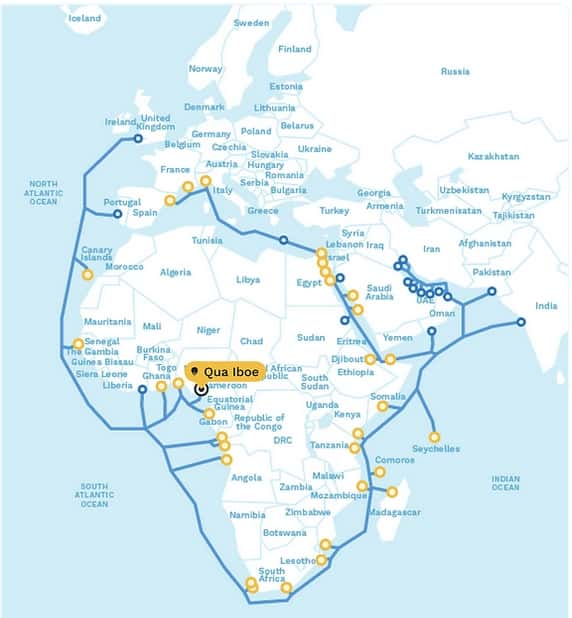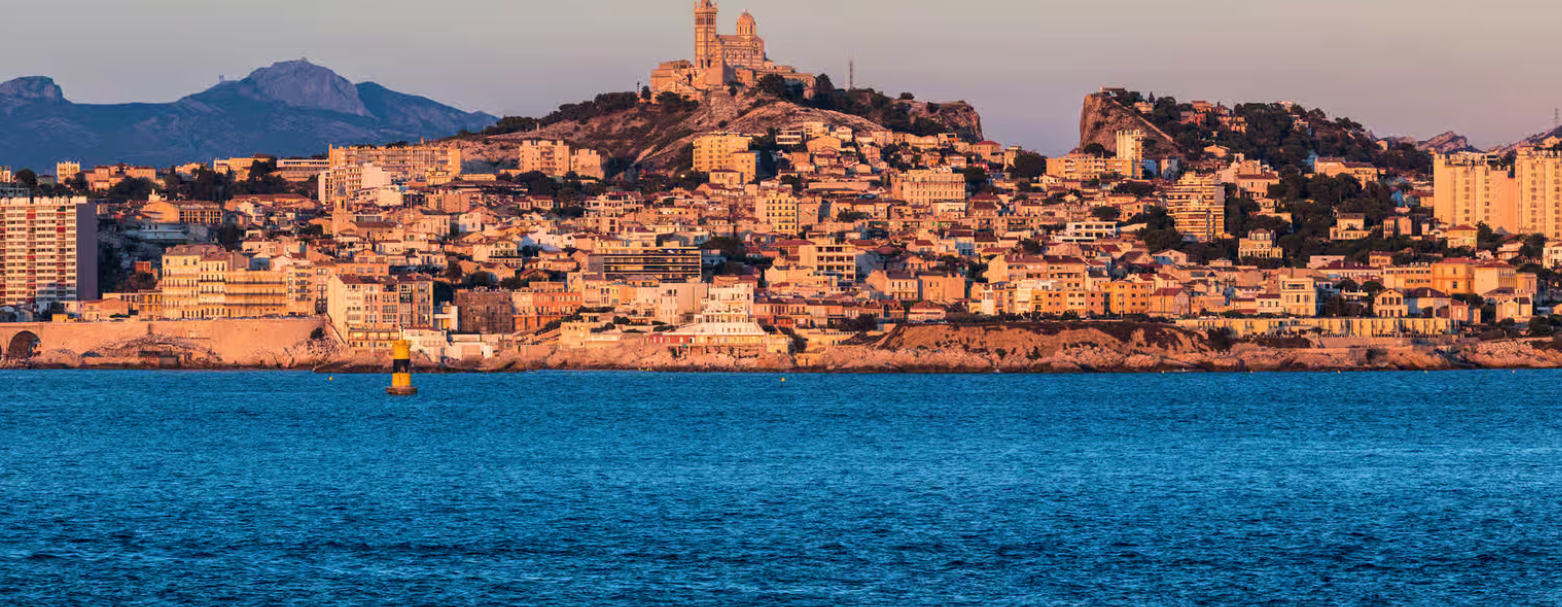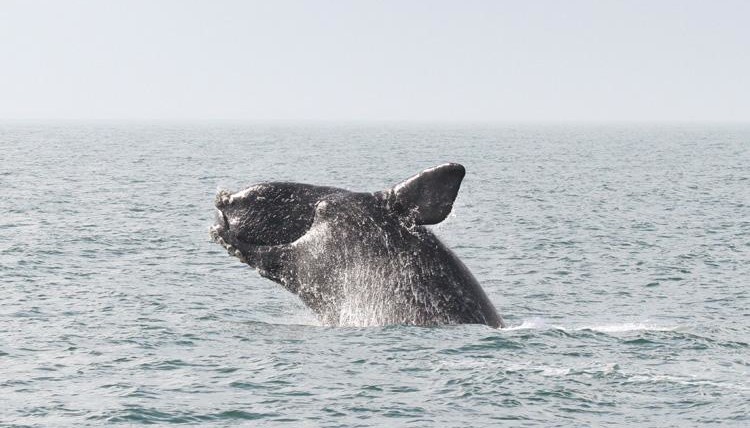The Marseille city has secured a place of choice among the world’s largest internet hubs. At issue: massive investments in digital technology and the installation of 2Africa, the longest submarine cable in the world, the commissioning of which, planned for this year, raises significant economic and ecological issues.
The Marseille city, crossroads of trade and immigration, European capital of culture… and central hub of global internet traffic? The 17 submarine cables that connect Marseille to the rest of the world have become vital arteries of international connectivity, placing the city at the top of the rankings of internet hubs – those nerve centers where large volumes of internet traffic converge and are redistributed.
While the 2Africa project promises to connect 33 countries and more than 3 billion people across three continents, the progress of this colossal project continues, and with it comes the promise of an economic windfall but also a threat ecological for the region.

Screenshot of the map showing the progress of the 2Africa project. © 2Africa cable
SCREENSHOT OF THE MAP SHOWING THE PROGRESS OF THE 2AFRICA PROJECT. © 2AFRICA CABLE
2Africa, a titanic project to connect Africa to the rest of the world
Since 2022 and the latest ranking from the NGO Telegeography, Marseille has been the seventh global internet hub thanks to its cutting-edge infrastructure and its numerous submarine cables. A seventh place that the city intends to exchange in 2024 for a number five, reward for massive investments – it now has five data centers and plans to install a dozen others in the medium term, enough to connect 30 cables under -sailors in the city and several billion users between them around the world.
Its most impressive project: the installation of 2Africa, an underwater cable which departs from the maritime port of Marseille-Fos. Belonging to the Meta consortium, it promises unprecedented connectivity between Europe, Africa and Asia, with 33 countries connected. Its 37,000 kilometers long should allow it – excuse me – to circumnavigate Africa, from Marseille, therefore, to Portugal and Great Britain, via the Red Sea and South Africa. Once activated, it should offer a more reliable and faster connection, particularly on the African continent where internet access remains a major issue.
Crucial stages of cable deployment are underway, with successful landings in several African countries, including the latest at the Qua Iboe oil terminal in Nigeria. Although many landings remain to be made, particularly in the Red Sea, most have been made around the continent, with a start planned for this year and which, against all expectations, should take place on time.
A cash cow that threatens the environment?
A technical feat which acts as a heavyweight in the economy of the Marseille city, creating jobs and further stimulating the growth of an already flourishing digital sector, necessary for a city crossed by economic difficulties (count 9.4% of unemployment rate, compared to 6.9 nationally) and strong social disparities.
However, this expansion still raises concerns. Critics point in particular to the ecological footprint of such an activity: use of resources – the consumption of Marseille data centers would represent, over one year, “the consumption of a city of 150,000 inhabitants”, estimates Le Monde… to which s adds their necessary cooling in order to avoid the creation of heat islands in one of the cities most affected by rising temperatures due to global warming.
While the 2Africa project should allow Marseille to consolidate its position as a giant in global internet connectivity, its advancement raises challenges for the city and the region that will need to be addressed by balancing digital growth and environmental sustainability.



